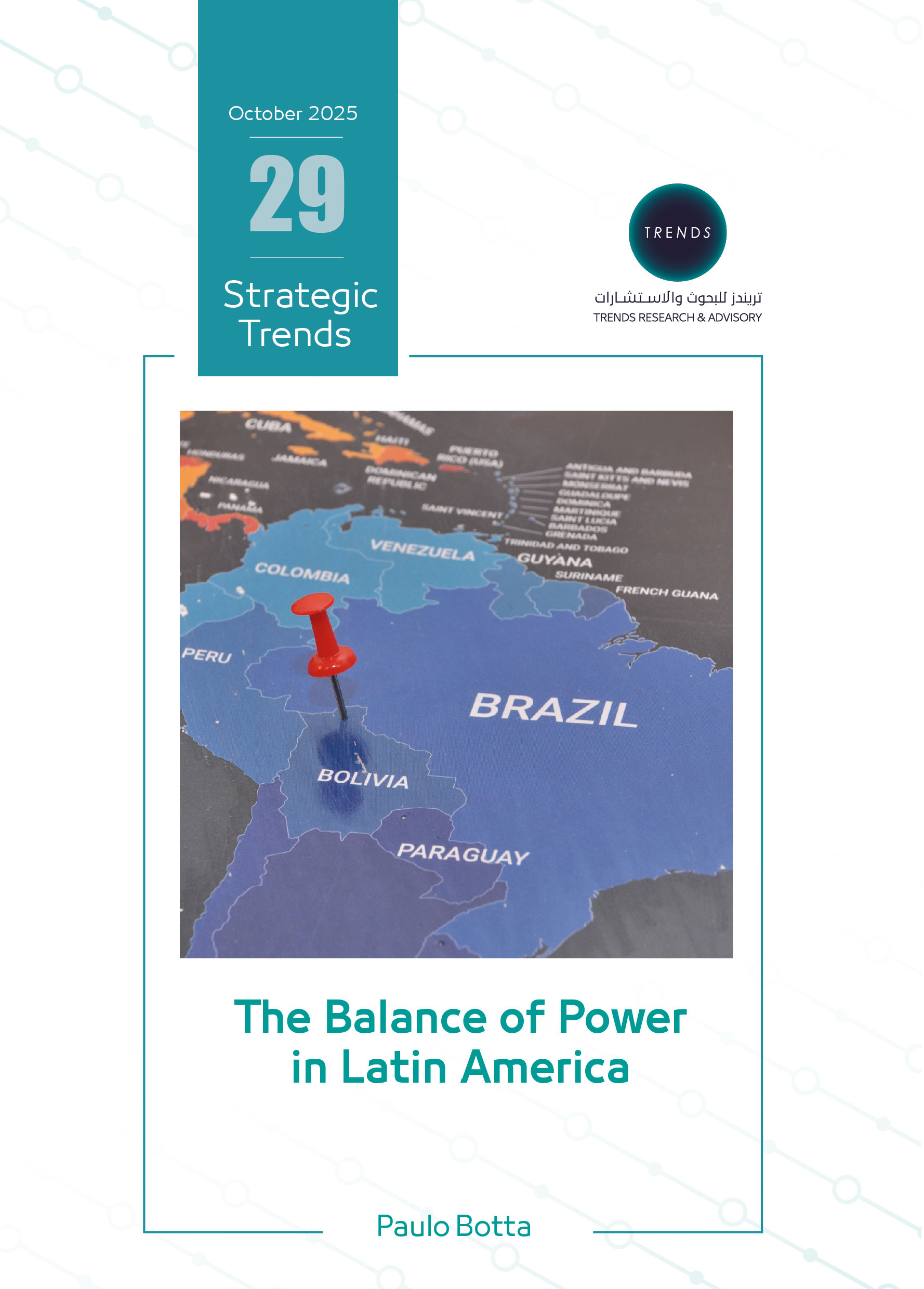This paper analyzes the balance of power in the Latin American region, based on a study of the priorities, challenges and policies of the main countries in the region. There is an unfavorable scenario for these countries, which highlights the urgent need for new strategies. On the one hand, from a structural domestic point of view, there are two negative processes that are mutually reinforcing: first, the primacy of economies, the lack of growth, and the trade tensions between the major powers, all of which limit the possibilities for development and increase poverty and inequality in the region. On the other hand, the infiltration and influence of transnational crime—with its negative impact on societies—demands enormous resources that could be used by states to meet other social needs, such as investment in infrastructure.
These challenges are exacerbated by domestic divisions that complicate the design, implementation, and continuity of medium- and long-term policies. There is a chronic disruption of state policies, a constant lurch toward extremes, and a constant resetting. At the regional level, there is a lack of coordination between the states of the region, with fissures related to ideological aspects (right vs. left), the place of the state in the economy (liberal vs. statist), and positioning in the face of great power competition (pro-US vs. pro-China). This lack of coordination is manifested in the inactivity or lack of influence of regional organizations and integration bodies.
Brazil, Mexico, and Argentina—the three countries in the region that are members of the G-20—share many of these problems and face these challenges. None of them, with perhaps the nuanced exception of Brazil, has developed an international integration strategy that can escape the structural conditioning factors they face. Nor do they have the means of hard or soft power to move in that direction, if they were designed to do so. The medium-term balance is unstable, both domestically and regionally. This regional competition and the dependence of their economies on primary sectors toward a search for partners in technologically intensive sectors among the middle powers of the international system, without neglecting sensitive sectors such as defense, space, and nuclear industries. Beyond the inherent difficulties in achieving these objectives, the lack of internal and external consensus makes the situation even more complex.





